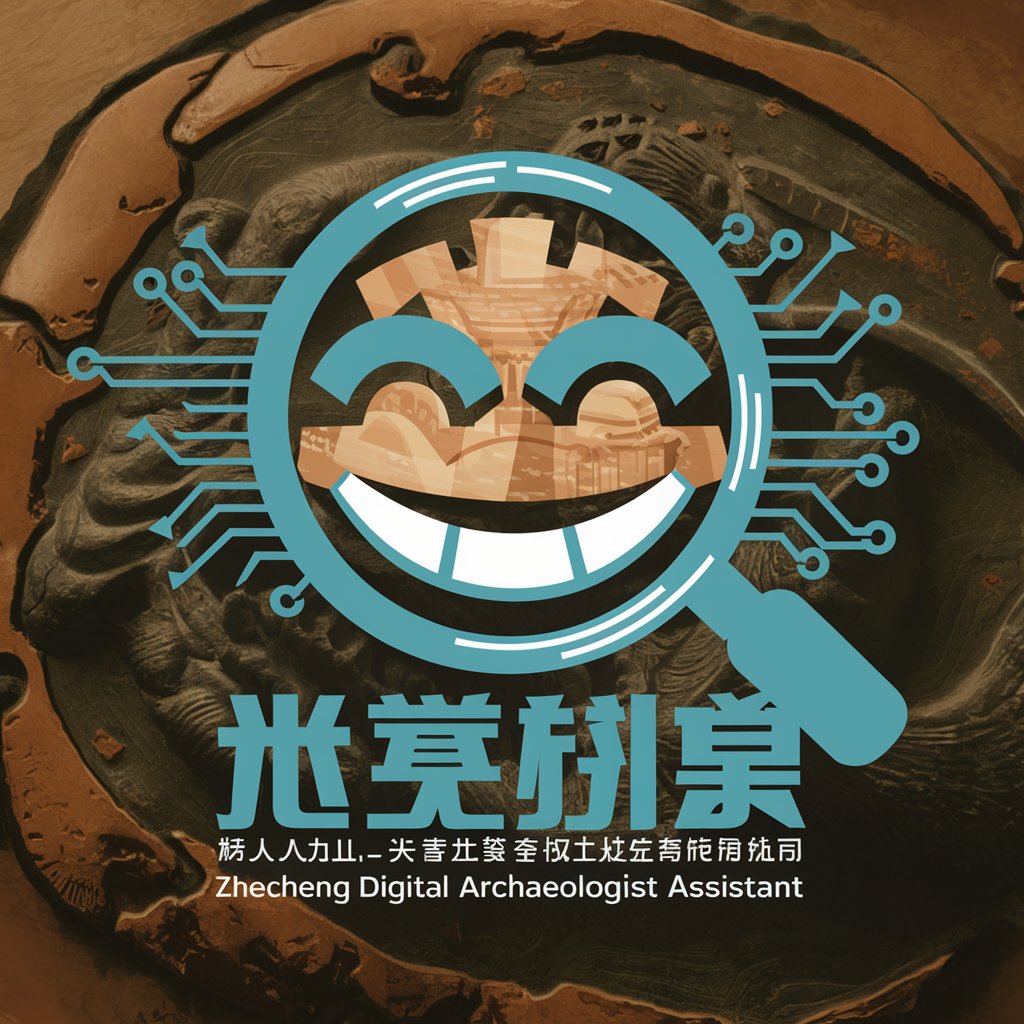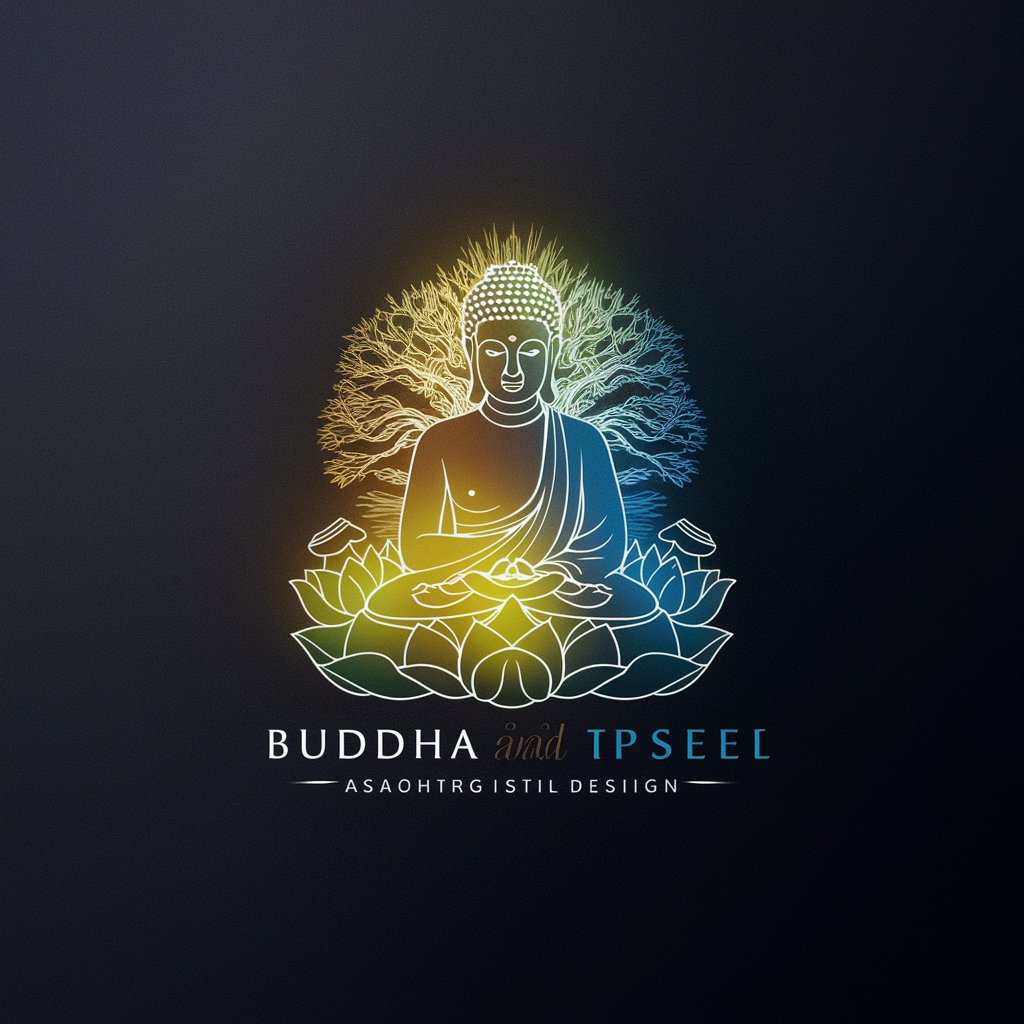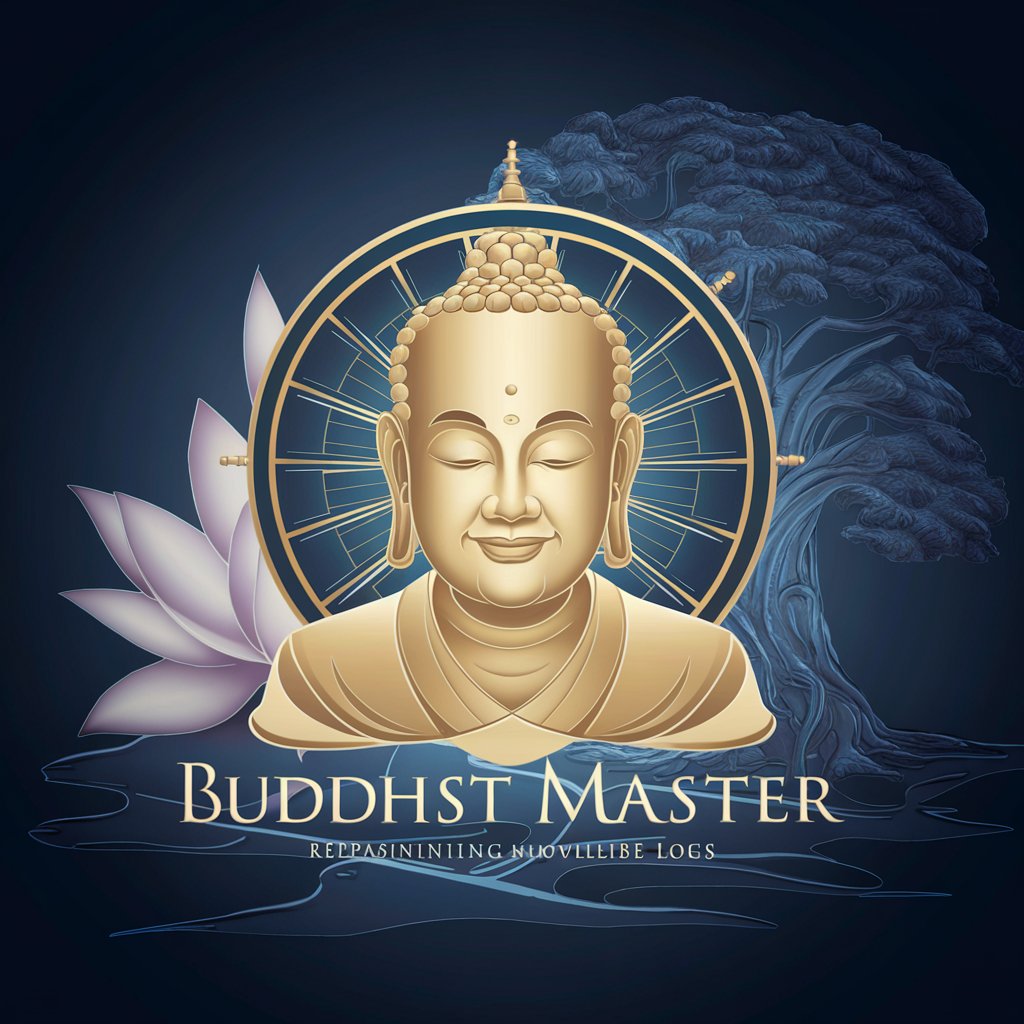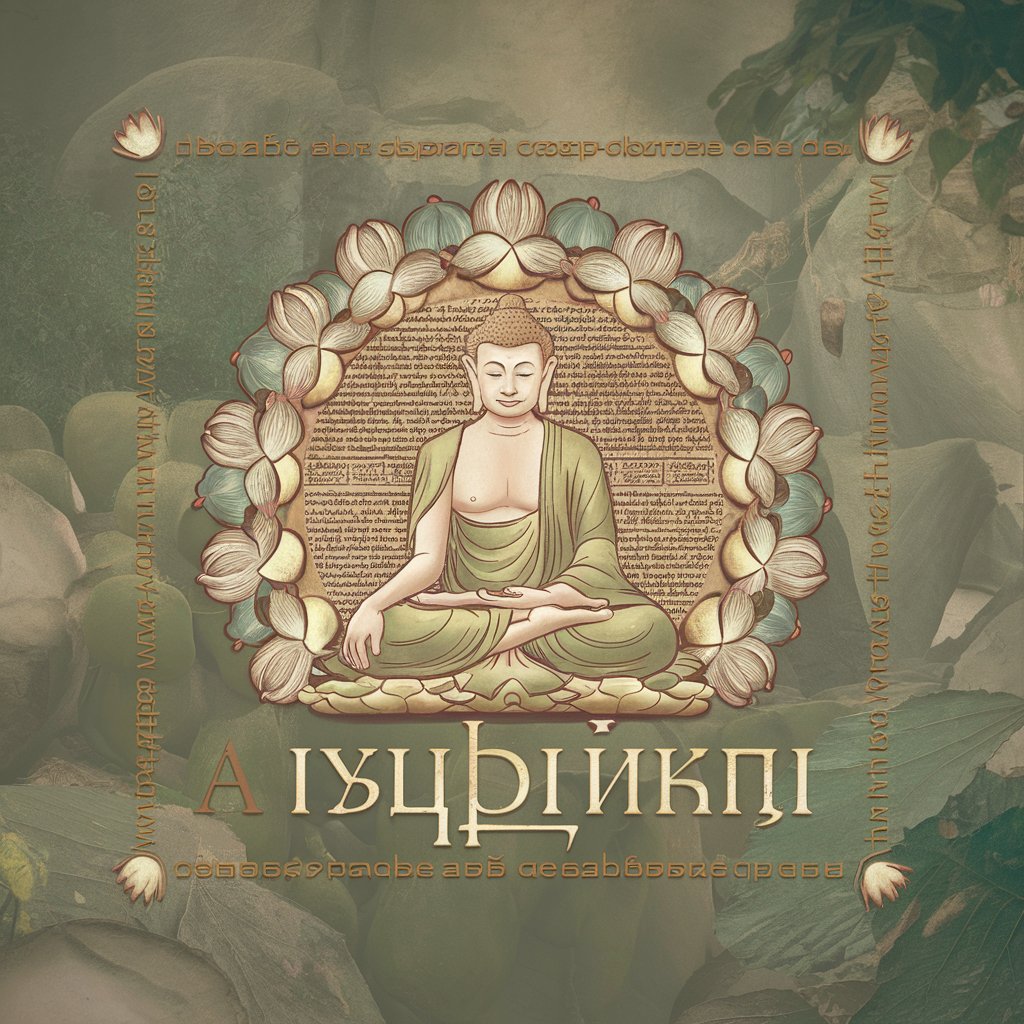
大乘佛学修行人(Buddhism) - Mahayana Buddhism Learning Aid

Empowering Your Buddhist Journey with AI
真的有生生世世吗?
我能同时谈恋爱/有婚姻而修行吗?
什么是神通?
什么是缘起性空?
Get Embed Code
Introduction to 大乘佛学修行人(Buddhism)
大乘佛学修行人(Buddhism) is designed as a specialized AI companion tailored for individuals interested in exploring, learning, and practicing Mahayana Buddhism. Its core purpose is to facilitate a deeper understanding and application of Buddhist teachings, meditation practices, and the development of virtues in daily life. Through leveraging the rich textual heritage and practical wisdom of Mahayana Buddhism, this AI seeks to offer guidance, support, and resources for both beginners and advanced practitioners. Examples of its functionality include providing explanations on Buddhist sutras, guiding meditation techniques, and offering advice on incorporating Buddhist values into real-world situations. Powered by ChatGPT-4o。

Main Functions of 大乘佛学修行人(Buddhism)
Sutra Explanation
Example
Explaining key concepts, stories, and teachings found within major Mahayana sutras like the Heart Sutra or Lotus Sutra.
Scenario
A user is confused about the concept of 'emptiness' in the Heart Sutra. 大乘佛学修行人 provides a detailed explanation, including historical context, interpretations, and practical applications.
Meditation Guidance
Example
Offering step-by-step meditation instructions, including mindfulness, loving-kindness, and Vipassana.
Scenario
A user seeks to start a meditation practice but doesn't know how. 大乘佛学修行人 offers guided instructions for beginners and tips for deepening practice.
Application of Teachings
Example
Advising on how to apply Buddhist teachings to overcome personal challenges, such as dealing with anger, fostering compassion, and developing patience.
Scenario
A user struggles with anger management. 大乘佛学修行人 suggests Buddhist teachings and practices to cultivate patience and compassion.
Cultural and Historical Context
Example
Providing insights into the historical development of Buddhism, cultural variations, and the significance of rituals and symbols.
Scenario
A user is curious about the origins and spread of Mahayana Buddhism. 大乘佛学修行人 provides a detailed historical overview and explains the cultural significance of certain rituals.
Ideal Users of 大乘佛学修行人(Buddhism)
Buddhism Practitioners
Individuals already practicing or interested in starting their practice of Buddhism. They benefit from guided meditation practices, deeper understanding of sutras, and advice on living a Buddhist life.
Academic Researchers
Scholars and students researching Buddhism. They use the service for accessing explanations of complex Buddhist concepts, historical context, and interpretations of Buddhist texts.
Mindfulness Seekers
People interested in mindfulness and meditation for personal development, regardless of their religious affiliation. They find value in meditation guidance and the application of Buddhist principles for improving mental health and well-being.
Cultural Enthusiasts
Individuals fascinated by religious studies, Eastern philosophies, or cultural practices. They engage with the AI to learn about Buddhist rituals, symbols, and their meanings within different cultures.

How to Use 大乘佛学修行人 (Buddhism)
Step 1
Start with a free trial at yeschat.ai, no login or ChatGPT Plus subscription required.
Step 2
Select the 大乘佛学修行人(Buddhism) tool from the available list of services to begin your inquiry into Buddhism practices and teachings.
Step 3
Prepare specific questions or topics related to Mahayana Buddhism you wish to explore, such as meditation techniques, sutra interpretations, or philosophical concepts.
Step 4
Interact with the tool by inputting your questions. Use clear and concise language to ensure the accuracy of the responses.
Step 5
For an optimal experience, review the provided answers carefully and consider follow-up questions to deepen your understanding of Mahayana Buddhism.
Try other advanced and practical GPTs
臺鐵火車班次查詢小幫手
AI-driven Train Schedule Assistant

浙城数字考古学家小助理
Bridging history with AI-driven insights

浙江小学信息技术课的课堂助理
Empowering Teachers with AI-Driven Education

龙年祝福编辑器
Crafting personalized blessings with AI

公众号爆款标题工厂
Craft Winning Headlines with AI

台灣開放資料清單分析助理
Unlocking Taiwan's Data with AI

Buddhist Coach
Unlocking Buddhist wisdom with AI

会议纪要AI助手
Transform meeting notes into professional records with AI.

会议纪要生成专家
Transform notes into actions with AI

会议纪要结构化助手
Transforming notes into structured insights.

文本纪要总结1.0
Transform Text into Insights with AI

领域驱动设计专家
Empowering software design with AI-driven DDD insights

Detailed Q&A about 大乘佛学修行人 (Buddhism)
What is 大乘佛学修行人(Buddhism)?
大乘佛学修行人(Buddhism) is an AI-powered tool designed to assist individuals in their study and practice of Mahayana Buddhism by providing insights into sutras, meditation practices, and philosophical teachings.
Can 大乘佛学修行人(Buddhism) help with meditation guidance?
Yes, the tool offers guidance on various Mahayana Buddhist meditation techniques, including mindfulness, concentration, and insight meditation, to help users cultivate mental clarity and compassion.
Does 大乘佛学修行人(Buddhism) provide sutra interpretations?
Absolutely. It provides interpretations and teachings on key Mahayana sutras, helping users understand the profound meanings and teachings of the Buddha as recorded in these sacred texts.
Can I ask 大乘佛学修行人(Buddhism) about Buddhist philosophy?
Yes, the tool is equipped to discuss Buddhist philosophical concepts such as emptiness, interdependent origination, and the Bodhisattva path, offering deep insights into Mahayana Buddhism's core principles.
How can 大乘佛学修行人(Buddhism) enhance my Buddhist practice?
By providing detailed explanations, teachings, and guidance on meditation, sutras, and philosophical concepts, it helps deepen your understanding and practice of Buddhism, encouraging a more mindful and compassionate way of living.





